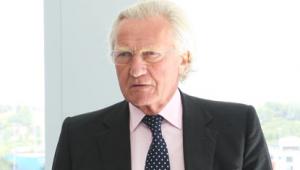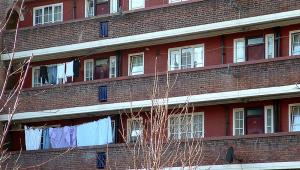09 April 2004
Former deputy prime minister Michael Heseltine has dismissed the office of London mayor as a 'non-job' insufficiently powerful to manage the economic changes likely to affect the capital over the next 50 years.
Addressing a seminar on the future of London governance, Heseltine predicted the city would retain its position as Europe's prime financial centre, coping with round-the-clock business demands and the influx of many more tourists.
He called for the capital's mayor to be given more powers to direct these changes. 'Whoever is in the job now, it is a non-job,' he said. 'Today, no one is in charge. Committees abound and power is diffuse.'
Local government expert Tony Travers agreed that the model of city government in London was weak compared with that in other cities of comparable economic importance, such as Paris.
'The desperately low level of resources raised locally makes London different. Only 20%–25% of revenue is raised locally compared with 70% in New York and 40% in Toronto,' he said. 'This is an issue that needs to be tracked at borough and London-wide level.'
Travers also warned that constant change was not always helpful. 'There have been four systems of government in London since 1965. Another review is welcome but needs to be seen against that background,' he added.
The seminar, on April 2, was held by the recently established London Governance Review Commission, a committee of London Assembly members and borough leaders. Its review of the capital's governance structures is being touted as the most significant since the 1970s.
PFapr2004




















